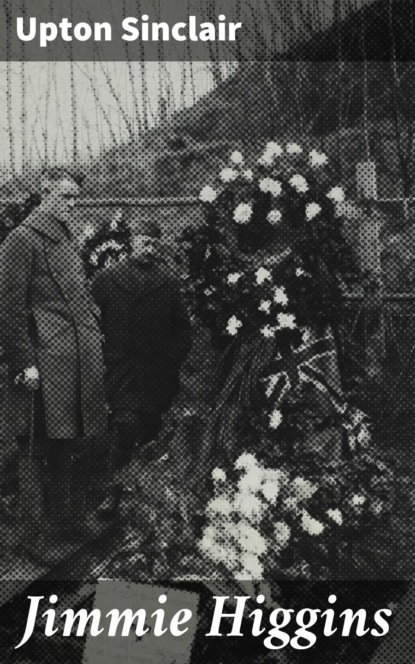Umfang 430 Seiten
0+
Über das Buch
In «Jimmie Higgins,» Upton Sinclair crafts a poignant narrative centered around the life of a working-class man during the tumultuous era of World War I. Using a blend of realism and social commentary, Sinclair examines the struggles and disillusionment faced by American workers, all while juxtaposing personal woes against the broader socio-political landscape of the time. The novel's structure intertwines individual narrative with collective experience, showcasing Sinclair's knack for dialogue and vivid character development. Through Jimmie Higgins, the protagonist, readers navigate the complexities of loyalty, class struggle, and the impacts of war on everyday life, reflecting Sinclair's broader critique of capitalism and social injustice prevalent within the early 20th century literature. Upton Sinclair, an influential figure of the muckraking movement, dedicated his life to advocating for social reform through literature. His experiences as a socialist and his deep awareness of worker rights undoubtedly informed his portrayal of Jimmie Higgins, embodying the frustrations of many disenfranchised Americans. Sinclair's commitment to highlighting socio-economic inequalities and corrupt practices resonated through his ardent political beliefs, making his novels a powerful vehicle for change. Readers seeking a compelling exploration of class struggles interspersed with humanity's resilience will find «Jimmie Higgins» an essential addition to their literary repertoire. Sinclair's intricate storytelling and socio-political consciousness not only entertain but also provoke thought and discussion, making it a significant work for understanding the intersection of literature and social activism.
In this enriched edition, we have carefully created added value for your reading experience:
– A succinct Introduction situates the work's timeless appeal and themes.
– The Synopsis outlines the central plot, highlighting key developments without spoiling critical twists.
– A detailed Historical Context immerses you in the era's events and influences that shaped the writing.
– An Author Biography reveals milestones in the author's life, illuminating the personal insights behind the text.
– A thorough Analysis dissects symbols, motifs, and character arcs to unearth underlying meanings.
– Reflection questions prompt you to engage personally with the work's messages, connecting them to modern life.
– Hand‐picked Memorable Quotes shine a spotlight on moments of literary brilliance.
– Interactive footnotes clarify unusual references, historical allusions, and archaic phrases for an effortless, more informed read.
